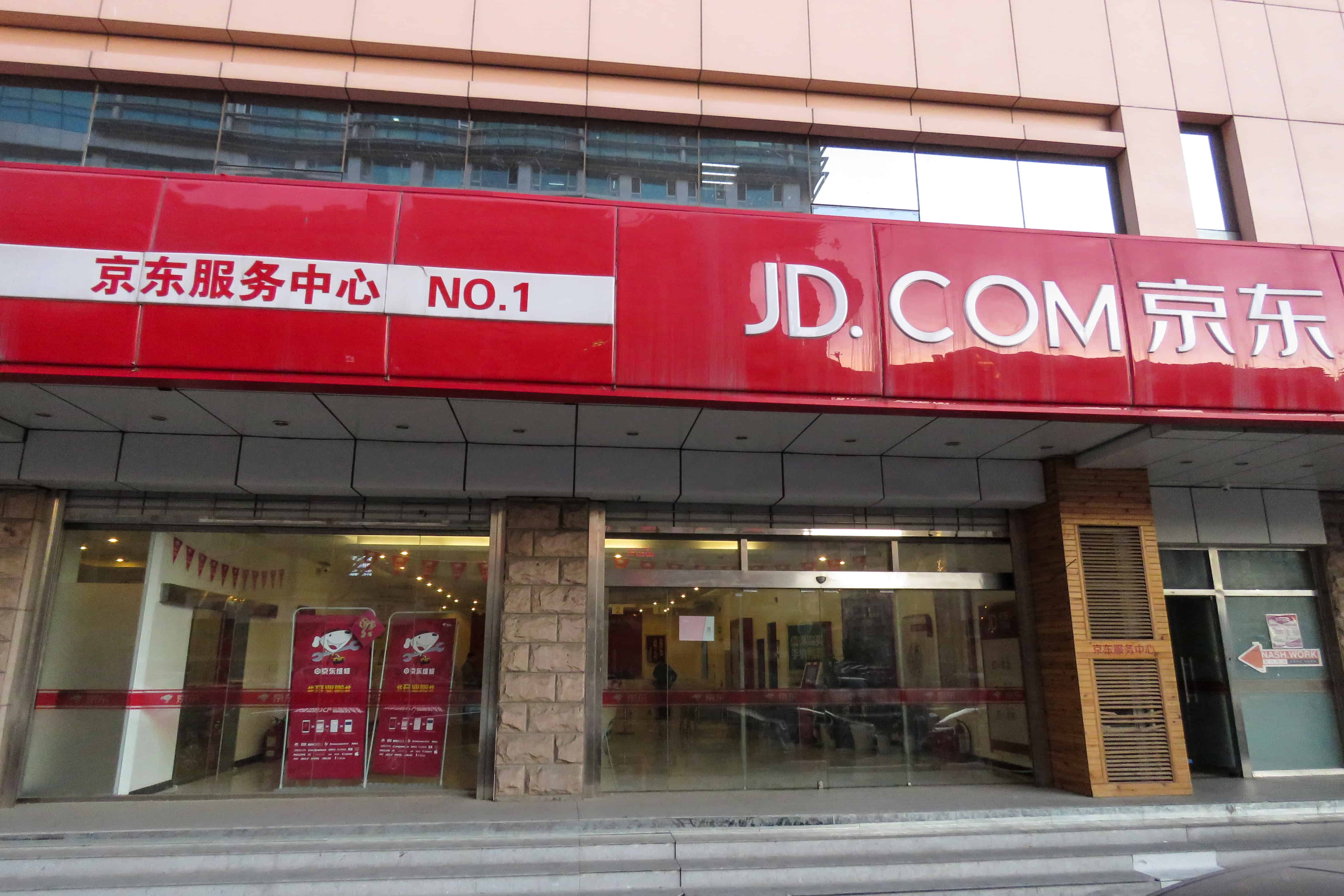China’s leading internet companies have unveiled measures to help bolster the economic contribution made by street vendors in the wake of the COVID-19 pandemic.
Chinese Premier Li Keqiang recently signalled the launch of policies to better accomodate and encourage commercial activity by street vendors, as part of broader efforts to shore up an economy still reeling from the impacts of the Novel Coronavirus.
The Central Civilisation Office (中央文明办) subsequently announced that it would not include “business activity occupying roads, road markets and itinerant commercial paddlers” in its assessments of the civility levels of cities.
A slew of China’s leading tech companies, including Alibaba, JD.com, Tencent, Meituan and Suning have since unveiled measures to provide financial and other forms of support to street vendors and small businesses.
On 29 May Alibaba launched its “Street Vendor Economy” assistance plan to provide “comprehensive product purchase and business support to at least 30 million street vendors across the four areas of product sourcing, data intelligence, financial support and customer protection.
Alibaba will provide 700 yuan “interest free credit purchase” vouchers to street vendors throughout China for the procurement of products, as well as data analytic services to help vendors find commercial opportunities and determine what products to purchase.
E-commerce giant JD.com has also launched its “Xingxing Zhihuo” (星星之火) street vendor economic support plan, to provide up to 100,000 yuan in interest-free credit purchases to small businesses.
The plan is expected to benefit up to one million convenience stores and one million street vendors, providing supply chain and service support to over five million employees.
On 2 June Tencent’s WeChat Pay launched its “National Small Shop Fireworks Plan” (全国小店烟火计划), which seeks to help small and micro-vendors rapidly extract themselves from business difficulties and increase profits via “online and offline integration, welfare subsidies, vendor education guides and business guarantee support”
Food delivery giant Meituan Dianping launched its “Spring Wind Campaign” Million Small Shop Plan” on 26 May, which involves a total of six measures including discount loans, supply chain services and targeted training.
Meituan is also worked with local government to provide consumption vouchers that will help guide consumers to certain vendors.
As of 25 May Meituan had used its online platform to provide assistance to 36 government consumer voucher projects and 59 “at-ease” consumer cooperative projects.
Retail conglomerate Suning unveiled its “Evening Stroll Partnership Plan (夜逛合伙人) on 3 June, which will provide in 2 billion yuan in low-interest start-up funds to night market vendors.
Related stories




